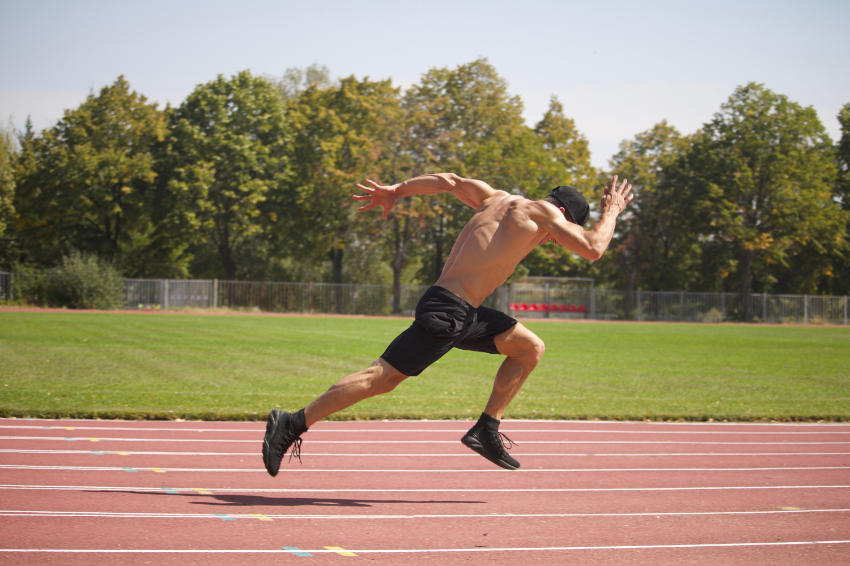A new research paper just published by the Journal of Physiology on Jan. 11, 2021. 美國生理學期刊 1月11號剛發表的一篇研究報告。(這篇報告如果你用谷歌翻譯去閱讀,很可能會完全看不懂。)
Coach Denys‘ experience-based viewpoint: 1. Metabolic health is one of the corner stones for preventing chronic diseases. 2. While the conventional definition of a “fasted state” is “no food intake for 3 to 4 hours and insulin drops to baseline”, to achieve the next level of metabolic optimisation and even autophagy it takes about 14 hours of no calorie intake. So the best time window to try this regimen is to exercise after you wake up in the morning and before breakfast, 3. Aerobic exercise in Zone 2 or the lower end of zone 3 HR is most effective (140-150 for young people and 120-130 for people over 55.) Walking, even brisk walk, won’t cut it; though you can start with walking to make it easier to start. 4. Drinking black coffee will not affect the efficacy; bulletproof coffee may lower the efficacy a bit but not by much; drinking these two types of coffee (before exercise) can help you hang on to the fasting.
防彈大叔經驗分享:1. 代謝健康 是遠離所有慢性疾病的基石之一, 2. 英文“fasted” 一詞, 一般素人傳統定義指的是” 停止進食3到4小時後”, 也就是中文裡的”空腹”, 但如果想要在生理代謝上達到最佳狀態(甚至包括有助於養生長壽的細胞自噬), 定義應該是斷食至少14小時的狀態;所以本文裡談到的這個養生方法裡的運動最好是在早上睡醒後、吃早餐之前進行,3. 空腹運動最好是可以進入第二區塊(或較低的第三區塊)的心率,年輕人大約每分鐘140-150下 ,五十幾歲以上的人大約120-130; 剛開始無法負荷的話,可以先用快走,但效果會很不明顯,盡量提高強度到上面說心率。4. 喝黑咖啡不會影響斷食和這個訓練方法的成效; 喝防彈咖啡可能會減少一點成效,但影響不大; 但(運動前)喝這兩種咖啡可以幫助你撐住斷食。
Key points 重點
- Skeletal muscle adaptations relating to glucose uptake (e.g. GLUT4 protein levels) and energy sensing (e.g. AMPK) can be augmented with exercise training before versus after nutrient provision in healthy individuals and in individuals classified as overweight or obese.
- 針對一般健康的人和超重或肥胖的人,在攝取營養之前和之後,通過運動訓練來增強與葡萄糖攝取(例如GLUT4蛋白水平)和能量感應(例如AMPK)有關的骨骼肌適應性,效果上會有什麼差別?
- Performing exercise training sessions before versus after nutrient provision can increase oral glucose insulin sensitivity in healthy individuals and in individuals classified as overweight or obese.
- 斷食後攝取營養之前進行運動訓練(相較於先攝取營養後再進行運動訓練)可以增加健康人和超重或肥胖的人的口服葡萄糖胰島素敏感性。
- In individuals with type 2 diabetes, metabolic inflexibility may attenuate, or abolish the effects of nutrient‐exercise timing on skeletal muscle adaptations to exercise training.
- 第二型糖尿病患者因為有新陳代謝缺乏彈性(metabolic inflexibility) 的問題, 可能因此讓 “營養鍛煉時間對骨骼肌適應運動訓練的影響” 降低或變成無效。
Abstract 內容摘要
Nutrition and exercise metabolism are vibrant physiological fields, yet at times it feels as if greater progress could be made by better integrating these disciplines. Exercise is advocated for improving metabolic health, in part by increasing peripheral insulin sensitivity and glycaemic control. (Remark by Coach Denys: Low insulin sensitivity is one of the major root causes of obesity and chronic diseases.)
營養和運動代謝是很活躍的生理學領域, 一般似乎都認為,更好地整合營養 和 運動 可以取得更大的進步。 大家都認為運動可以改善代謝健康, 這其中一部分是經由增加外周胰島素敏感性和血糖控制來實現的。(防彈大叔補充說明:胰島素敏感性太低是造成肥胖和導致諸多慢性疾病的主要根因之一。)
However, when a modest‐to‐high carbohydrate load is consumed before and/or during each exercise bout within a training program, increases in oral glucose insulin sensitivity can be blunted in both men of a healthy weight and those with overweight/obesity.
但是,如果在訓練計劃內的每次 運動前 和/或 運動過程裡 攝取(吃)了 適量或高量的碳水化合物,那麼不管是 健康體重的男性 或 肥胖的男性 的口服葡萄糖胰島素敏感性的增加都會受到抑制。
Exercise training induced adaptation in the energy sensing AMP‐activated protein kinase (AMPK) and the insulin‐sensitive glucose transporter GLUT4 protein levels are sensitive to pre‐exercise feeding status in both healthy individuals and in individuals classified as overweight or obese. Increased lipid oxidation may, in part, explain the enhanced adaptive responses to exercise training performed before (i.e. fasted‐state exercise) versus after nutrient ingestion.
運動訓練可以激活 1. 能量感應AMP 的 蛋白激酶(AMPK) 和 2. 容易被胰島素敏感度 (insulin sensitivity) 影響 的 葡萄糖轉運蛋白 GLUT4 。 但這樣的激活效果,會因為運動訓練之前有沒有進食而受到很大的影響(無論實驗對象是一般健康的人或肥胖的人)。 脂質氧化 的提升 可能部分解釋了 “為何在運動前不攝取營養(即空腹狀態下運動)可以提升運動訓練強度適應性的提升“。
Evidence in individuals with type 2 diabetes currently shows no effect of altering nutrient‐exercise timing for measured markers of metabolic health, or greater reductions in glycated haemoglobin (HbA1c) concentrations with exercise performed after versus before nutrient provision. Since the metabolic inflexibility associated with type 2 diabetes diminishes differences in lipid oxidation between the fasted‐ and fed‐states, it is plausible that pre‐exercise feeding status does not alter adaptations to exercise when metabolic flexibility is already compromised.
目前,在2型糖尿病患者中,沒有證據顯示 運動之前有沒有進食 對於重要的代謝健康指標(如糖化血紅蛋白HbA1c) 會有任何影響。空腹運動無法對2型糖尿病患體內的脂質氧化產生影響(也就是無法對運動的適應性有提升的效果), 合理的解釋應該就是:當人體的代謝靈活度(metabolic flexibility)很差的時候,運動之前有沒有進食對運動適應度的提升不會有差別。
Current evidence suggests restricting carbohydrate intake before and during exercise can enhance some health benefits of exercise, but in order to establish clinical guidelines, further research is needed with hard outcomes and different populations.
所以目前我們有的證據顯示,在運動前和運動過程中限制碳水化合物的攝取可以提升運動對健康的好處,但是如果要進一步建立支持這個觀點的臨床指南,需要針對“實驗結果不同和人群不同的諸多情況”進行進一步的研究。
Again, here is the link to the report. (Full text of this report requires subscription.) 這篇研究報告的連結在此 (但是閱讀整篇報告全文必須要有訂閱權限。)

